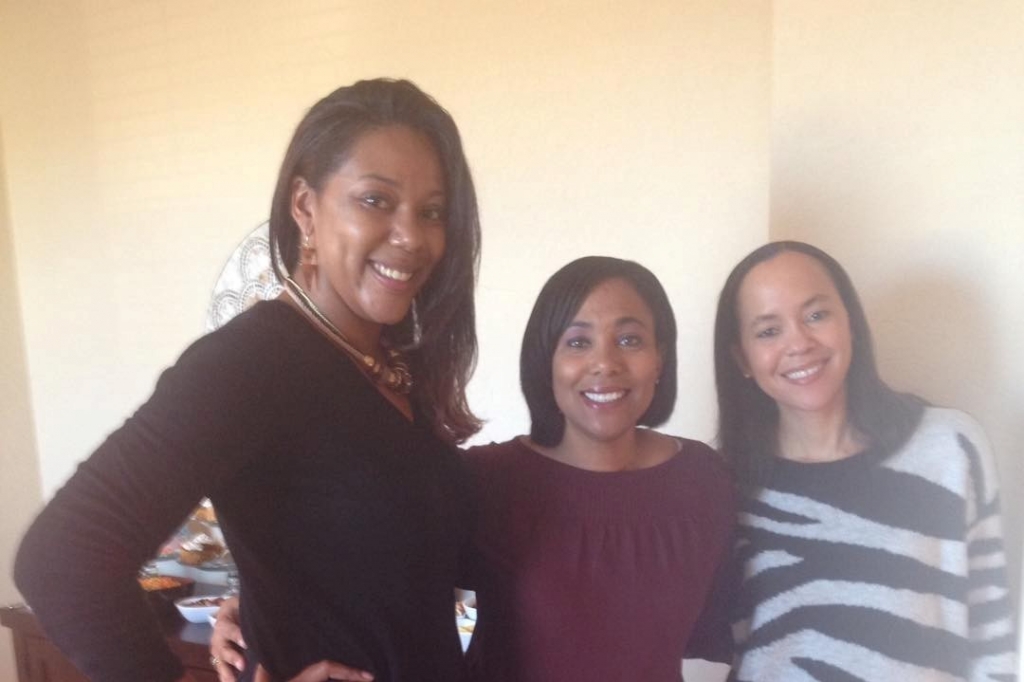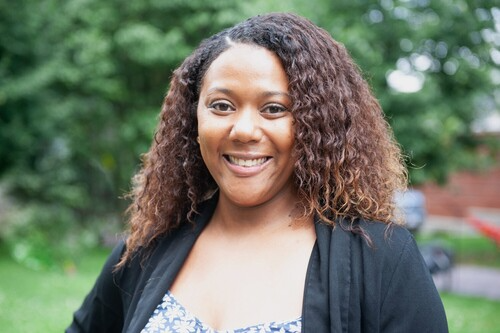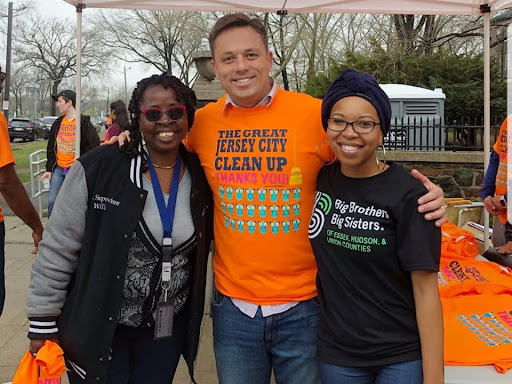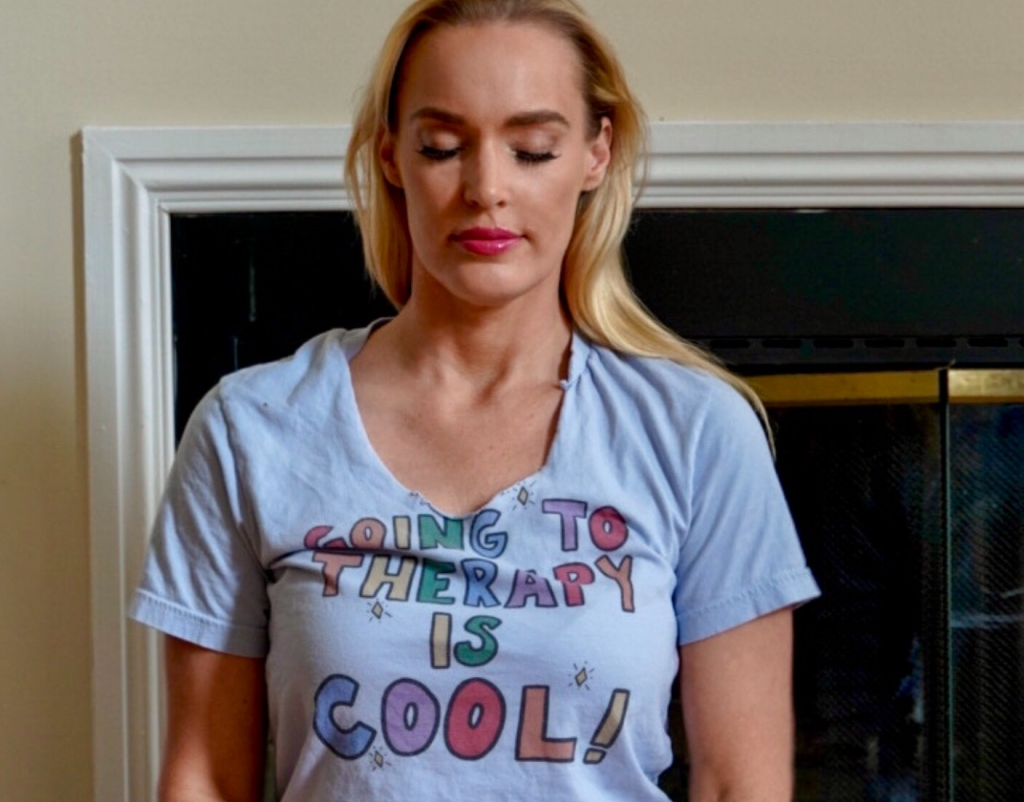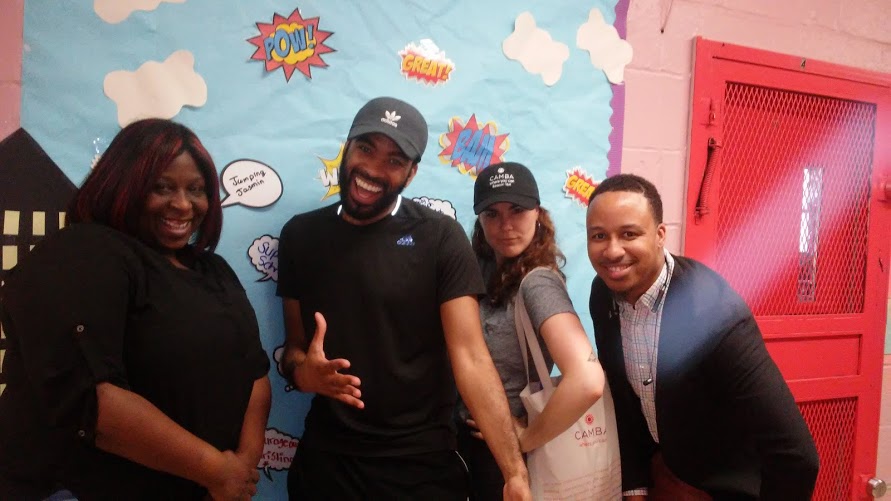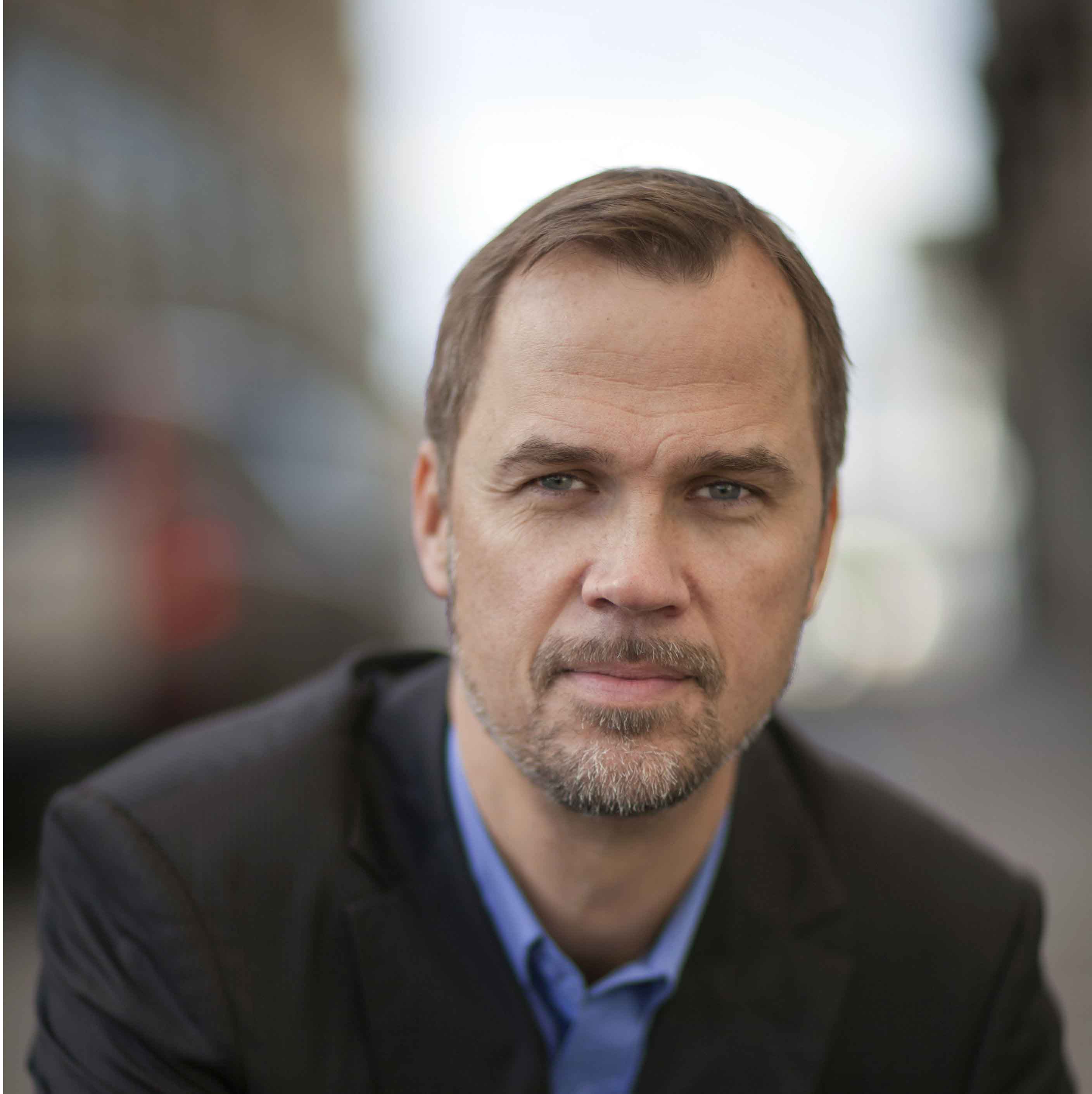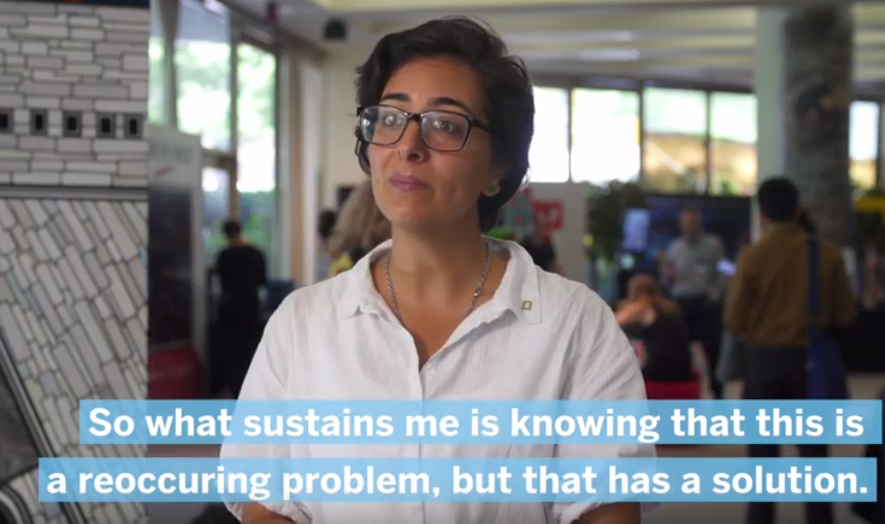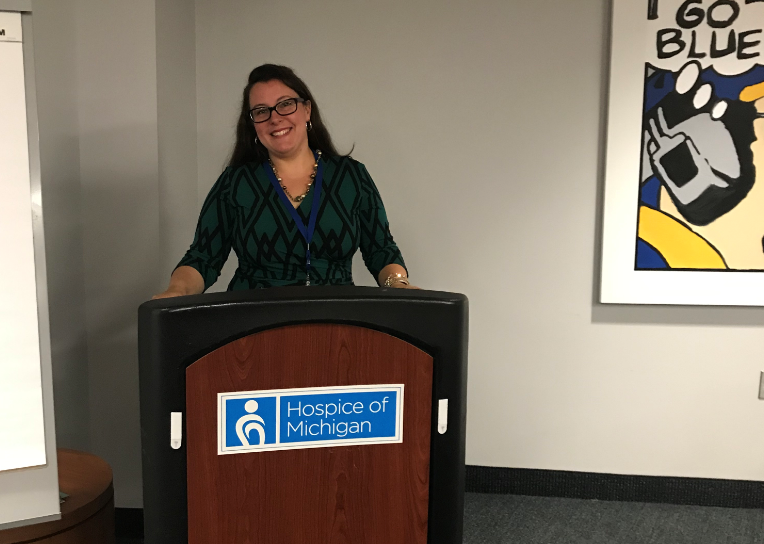
We spoke with Alison Wagner, Director of Volunteer Services and Complementary Therapies with the Hospice of Michigan and Arbor Hospice, known as the North Star Care Community and one of the nation’s largest not-for-profit hospices in the United States. Her work has been, in a word, overwhelming since the start of the Covid-19 coronavirus pandemic.
____
As a nonprofit hospice, our mission is to serve those who need and seek our care regardless of diagnosis or ability to pay. In the current United States context, that’s very different than how other organizations operate. We take high-cost-of-care patients and patients with very complex needs, including pediatric patients and those with multiple diagnoses.
We’re learning from what we’ve seen in other places in the world that have encountered epidemics. One of the elements we’re watching is that in a crisis, we run the risk of not serving people at end of life in a way that dignifies the individual and recognizes the grief and loss their family and friends experience. We are focusing on our core value of serving people, even when the world is experiencing a crisis.
What are some of the early lessons you’re learning in your work?
Focus on the facts: We don’t know what this is going to look like. The best thing to do in these types of situations is to follow the Centers for Disease Control and Prevention guidelines. Every state in the U.S. also has state and community health entities, and surveillance reports that give updates on where the spread is. Turning to credible sources of data is very important. It’s important to keep circling back to the critical sources of information and try to reject some of the fear out there. The fear doesn’t help any of us respond to the people who need us. It also creates a lot of stress in our bodies. We need to all be keeping one another healthy.
Slowing down our communications: I’m part of a coronavirus taskforce at work, interacting with members from across the country. We all began to notice that as leaders, we want to be proactive, decisive, clear in our communication. All of these are good things but in a time in which the situation is moving so fast, it is imperative that we take a breath and work on calm and consistent messaging.
In our leadership meetings, we’ve got a lot of folks who are fast problem-solvers—that’s partly why we’re in leadership—but it’s been very helpful to have a couple of voices around the table who have said, “Before we go down this road, let’s rethink this from another perspective or with the addition of a different variable.” Now is the time to listen, breathe, and rely on different perspectives.
I have 12 direct reports, and 21 staff members and more than 560 volunteers who report up to me. So for me, when I’m thinking about messaging, I’m thinking about several things. Talking to people one-on-one is really important because it lets me to hear what’s going on in their voice, how they’re expressing themselves. I try to communicate via email and text, video chat. I work to meet them where they are in terms of how they communicate. Each of us is processing emotion, so we need to think and breathe before we act.
That’s at work; It’s also true in our communities. I am sure I’m not unique: I have a family chat, and one of my family members sent an email with a picture of what to do to protect from the virus. It wasn’t entirely wrong, but it wasn’t right on or useful, either. I had to respond and say, let’s go back to the credible sources of information and not let fear drive our decisions, let’s do the things we know keep us healthy as a family: turn off the news, turn off our phones, take a break.
Clear public communications: Another thing I’m thinking about as a leader is how we handle public communications. Most of us got into this work we’re doing—serving our clients and constituents—because we are purpose-driven leaders. We want to express our concern to and for our clients and the communities we serve. That’s important, but we’re finding that emotionally based can complicate things.
Compassion is useful, obviously, but if you just send out a “we care” message without a directive, I think it actually frustrates people and can create anxiety. We’re keeping our communications compassionate but with clear directives. People want to hear your voice, and hear what you’re doing or need them to do—in ways that are connected to the mission and what’s going on.
"It’s also important to remember the positive, effective things we are doing that we already have in place."
Remember your strengths: It’s also important to remember the positive, effective things we are doing that we already have in place. As this all started, I spoke with my staff who are on the front lines talking directly to our volunteers across the state, and I reminded them that they are already very good and skillful at talking with people and offering a positive attitude and creating a sense of comfort.
It helps to reiterate that we already know how to do some of the things that will work to get us through. We know how to communicate with one another. Let’s try to act from there, instead of a place of reactionary fear and emotion.
How are you taking time to learn and reflect?
Document and reflect, even in crisis mode: I recently heard a story on NPR about a regional manager for Home Depot who works in the southeastern U.S. He has a personal notebook which captures lessons from every single hurricane that’s hit the southern US, because he’s the one who sends supplies to the stores in the region after a storm. He has learned from every single storm, and now knows he needs to redirect certain supplies to where they’re most needed.
When I heard that, I thought, “That’s great, why aren’t we doing that?”
We go through many high-intensity situations as leaders, where we feel so busy that sometimes we don’t take the time to breathe or eat, let alone reflect. But that reflection is important. Build time for that at the end of each day or after you close out a particular crisis: write some notes down about you did, how you communicated, the questions you asked. Even in this situation, many of us have lessons from events in our past that we can rely on to get through this situation. Taking time to document our reflections is important.
Nurture new ways to bond with community: I have had an informal “Accountability Partner,” named Melinda, for about a year—we volunteered to support each other in carving out leadership development time and time to work on our mindsets and behaviors, since I don’t have a lot of resources for formal professional development.
Win pages: One specific thing Melinda encouraged me to do in a different situation that nearly overwhelmed me, was to write what she called a “Win Page” after the crisis had passed. She urged me to document what I did, how I got myself through the situation, and what self-care steps enabled me to make good decisions.
Learning happens everywhere, at every age: I have worked for nonprofits my whole career so I have never really had a budget for coaches or formal leadership development supports. Finding an Accountability Partner happened organically. Most of my learning comes from reading books and listening to podcasts.
Schedule breathing—really: As an alum of the American Express Leadership Academy, I’ve noticed that many of us have a good level of self-awareness that’s helps with our leadership, especially in times like this. I’ve learned that I have to tell myself—and even put it on my calendar—to take breaths and pause.
For example, I had a call this morning that I knew was going to be challenging and would cause a flurry of activity. So I actually added an item to my calendar to “take three breaths” before I jumped back into my email and the next thing. I’ve learned I need to be in tune and work on being self-aware.
When I see that some of my behavior starts to feel like stress behavior, I am learning to say, “Woah, slow it down, reconnect, take time to recover” before I jump back into the ring. If I let stress run me, I’m going to mess things up, I’ll miss things, my communications will go out before I’m ready.
How are you supporting a team?
Even while we can’t be around patients, our team is working to stay connected. We’re going to be doing creative brainstorming sessions. I’m trying to be fun and positive in my leadership, trying to pump the team up – we’re going to distinguish ourselves in the field of hospice volunteers and complementary therapists, we’re going to keep them and enact virtual learning and communications.
We’re trying to incorporate some fun and levity in the fact that we may have a lot of time on our hands. Instead of going into hibernation or taking all our vacation days, what ideas can we generate, what funding sources are there? Can we do some research, look through charts, bring together data. Let’s use this downtime to build momentum for when we get back up and running. We all have things that have been on our to-do list or wishlist forever, let’s get them done now. We’re trying to reframe this as an opportunity and a chance to be creative is really important.
"We all have things that have been on our to-do list or wishlist forever, let’s get them done now."
Holding on to hope: We’re just starting to dig into all the “unknown unknowns.” We’re figuring out how to respond better as a business and as a leader to what’s going to come afterwards. We will get through this. It helps to remember that viruses have a lifecycle, this will have an ebb and flow.
It’s okay to start thinking ahead. Thinking ahead can create and promote hope. If we stay in a space where we’re just constantly reacting to the crisis at hand, we’re not having that hope. Carrying hope with us is a self-care measure. Engaging our creativity and planning for the future is important for hope and self care.
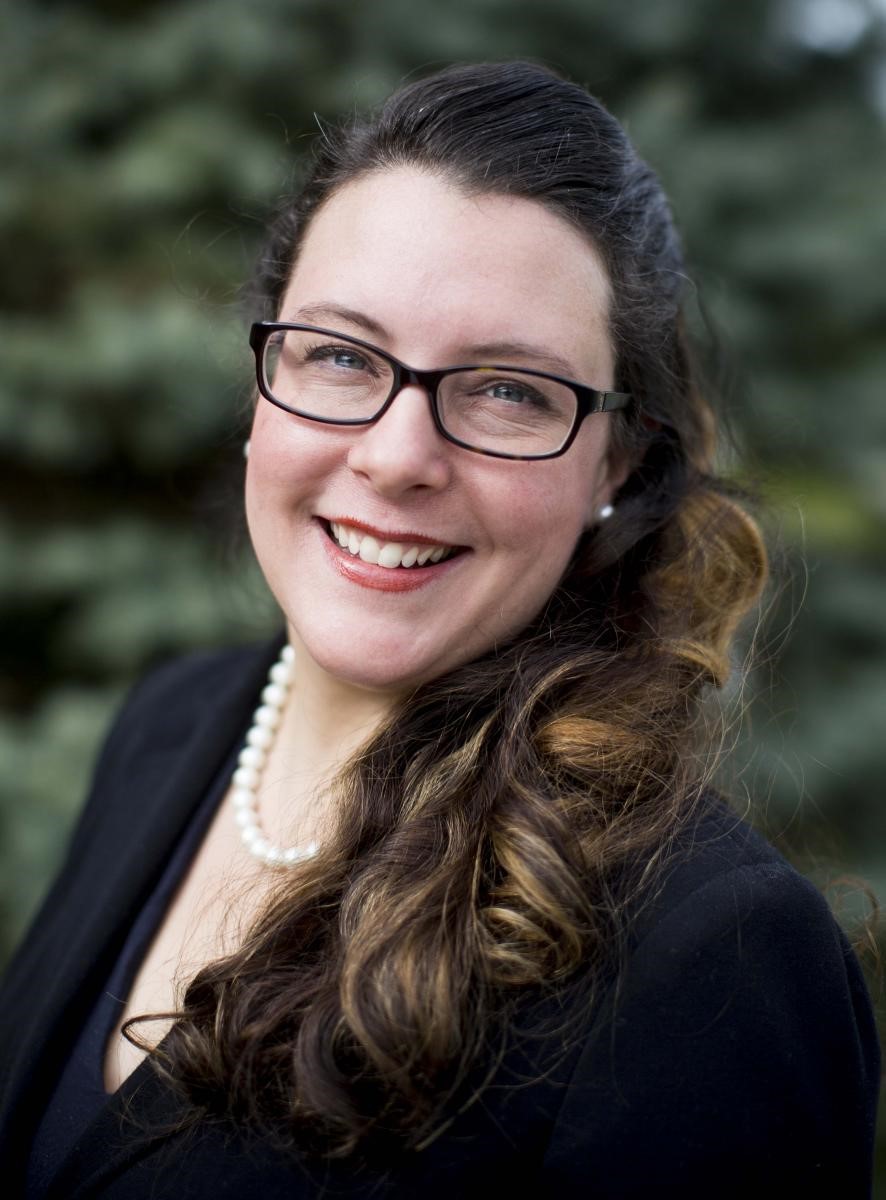 About Alison Wagner
About Alison Wagner
As Hospice of Michigan (HOM) and Arbor Hospice’s Director of Volunteer Services and Complementary Therapies, Alison is responsible for the activities of 21 staff members and 550 volunteers. Alison is committed to engaging volunteers to utilize their time and talents for their personal growth while benefiting the non-profit hospice mission. Under Alison’s leadership, the Complementary Therapies program, which includes Music Therapy, Massage Therapy and Pet Visits, is expanding. Previous to joining HOM, Alison worked within the non-profit sector in nursing education, economic development and the arts. Throughout her career, she has worked with volunteers, musicians, clinicians, donors, and has extensive event management and program management experience. Alison earned a Masters of Fine Arts from New York University, New York, a Bachelor of Arts in Business Management and a Bachelor of Music in Vocal Performance, as well as minors in flute and piano from Michigan State University in East Lansing, Michigan. She also holds a Certified Nonprofit Professional credential from the Nonprofit Leadership Alliance.




